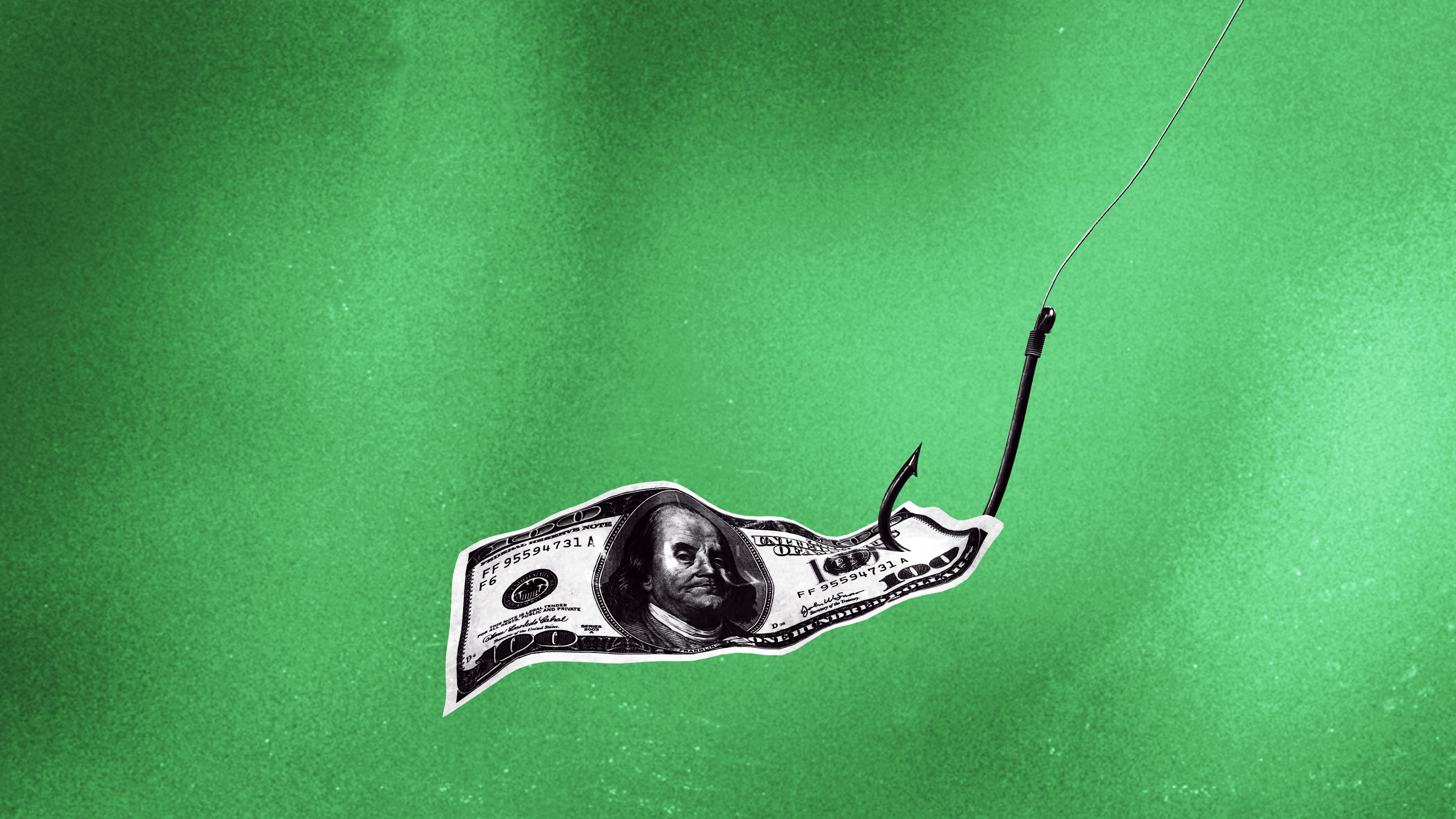Reward Disagreement for Creative, Productive Meetings

The genius of meetings at the office, and other forms of communal decision-making, is that everyone can bring their unique knowledge to bear on a specific problem. When groups of people gather, however, a set of biases arise from our complex social relationships that can derail the benefits of group action.
Most of these biases result from not wanting to upset social relationships. The so-called “halo effect,” for example, results when one component of an idea is attractive (such as the person putting it forth) such that the whole idea is taken as good by everyone. One widely known result of the halo effect is called groupthink.
But by framing disagreement among peers in a way that removes the threat of damage to personal relationships, groups are more able to arrive at ideas that are truly innovative, drawing on the experience and expertise of a whole room rather than a single individual.
Daniel Kahneman, the Israeli-American psychologist and Nobel laureate, discussed ways he strives to overcome his own biases while working with colleagues (who may or may not agree with his ideas):
When holding a meeting, Kahneman recommends getting everyone’s opinion upfront so they aren’t stifled by the dominant person or dominant idea in the room. To avoid further biases, individuals can simply jot down a few sentences on a piece of paper before the meeting begins.
And instead of the high-status employee always leading the discussion, Kahneman recommends selecting someone at random to begin the meeting, or simply moving from low- to high-status positions when soliciting a response. Receiving a new perspective first can set an invigorating tone for the meeting, provide a team-oriented atmosphere, and help others to understand the issue from a new angle.
Read more at The Economist.





